


The solution, developed by a startup supported by FAPESP, estimates eight parameters with an error of under 5% for 80% of users, according to the firm’s founder.
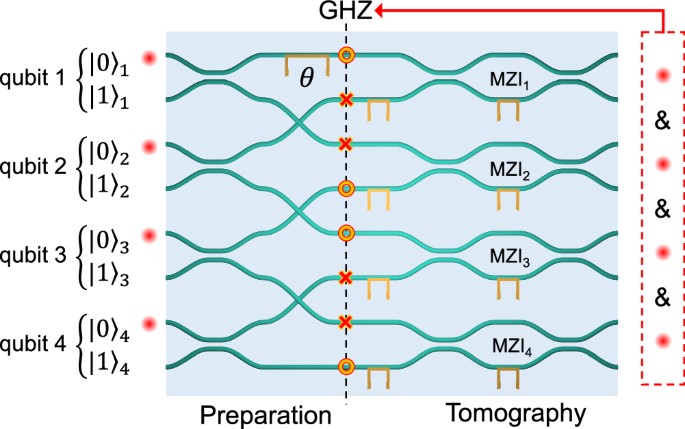
The device can be used to implement sharing systems in which any attempt at unauthorized access is immediately detected because it alters the quantum correlations.

Work conducted at the Research Center for Greenhouse Gas Innovation will also analyze the best way to bring electricity to oil platforms off the Brazilian coast.

The biotech based at MIT is developing bioactive versions of the product using the same technique as breweries and pharmaceuticals that produce biologics.

Software based on statistical models detects sporting talent and allows athletes’ performance to be monitored. The tool was developed with the support of FAPESP.

Scheduled to start operating in 2028 at the Brazilian Center for Research on Energy and Materials (CNPEM) in Campinas (São Paulo state), the lab will enable researchers for the first time in Latin America to study viruses classified as class 4, the highest category of biological risk.
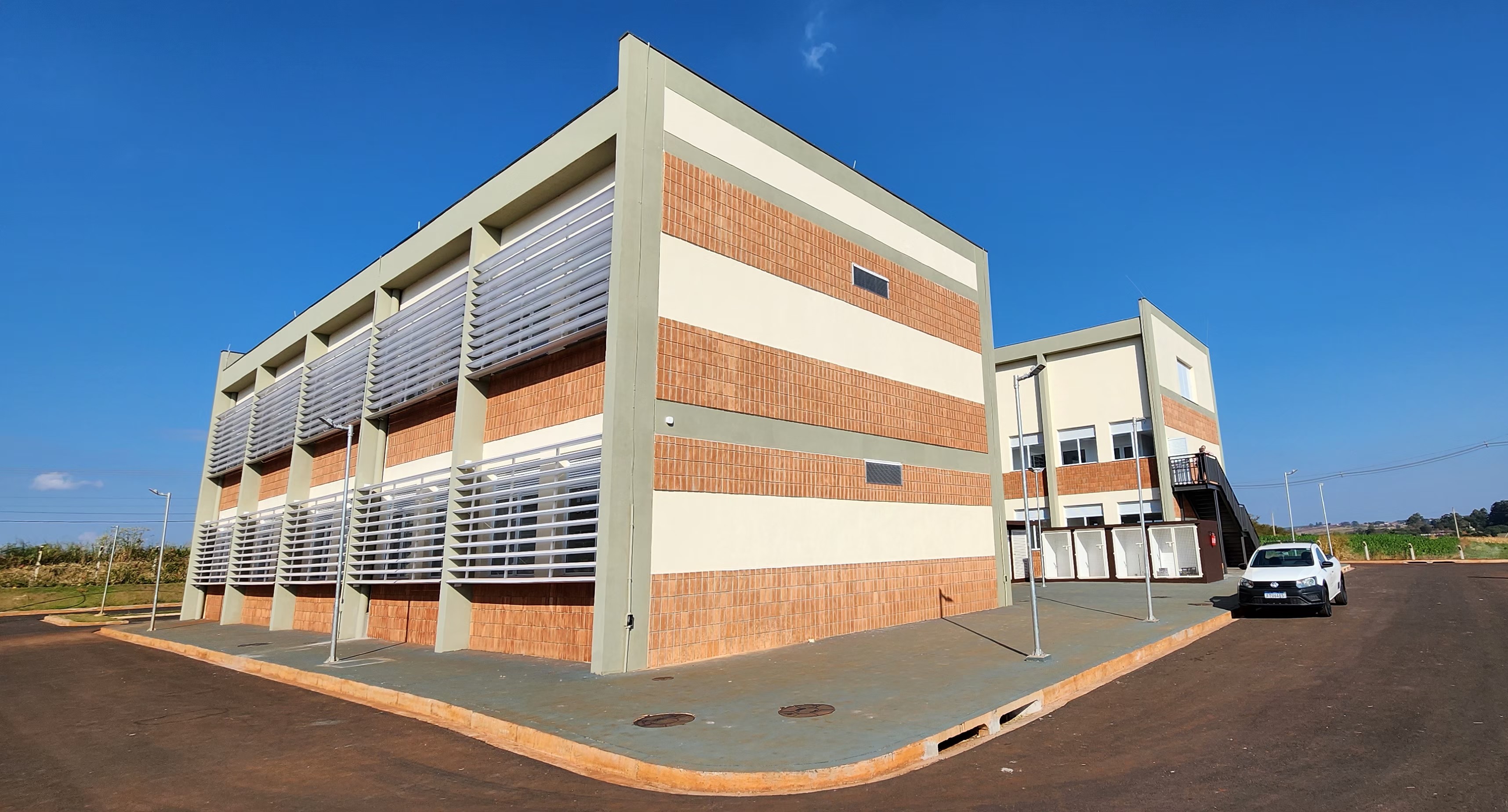
Located in Botucatu, the plant will perform outsourced medical drug development and production services for pharmaceutical companies, biotechs and other research institutions, complying with best manufacturing practices.
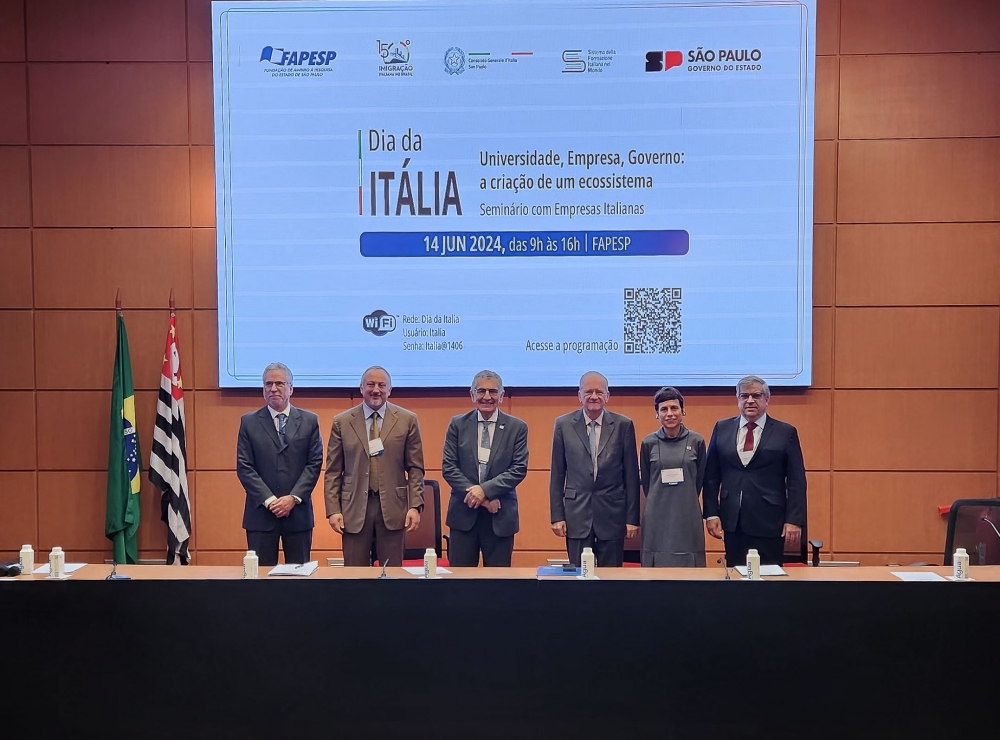
Companies are currently involved in 15% of the collaborative research projects conducted by scientists in São Paulo state and Italy, according to data presented at an event hosted by FAPESP.
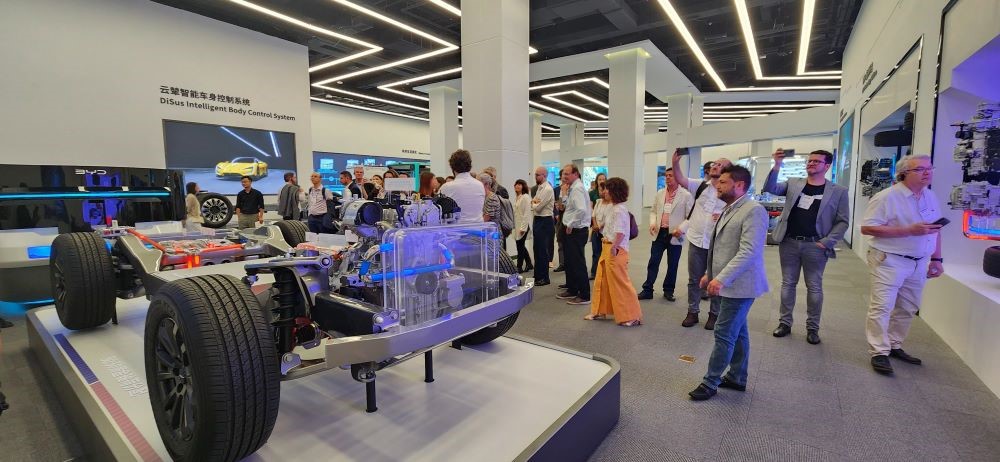
Startups were selected to participate in FAPESP Week through a call for proposals from the Innovative Research in Small Businesses Program, launched in April; the focus on innovation should be maintained in future editions of the event.

The process, developed by Brazilian and Spanish scientists, obtains anthocyanin from fruit processing waste with a higher yield than the usual method.
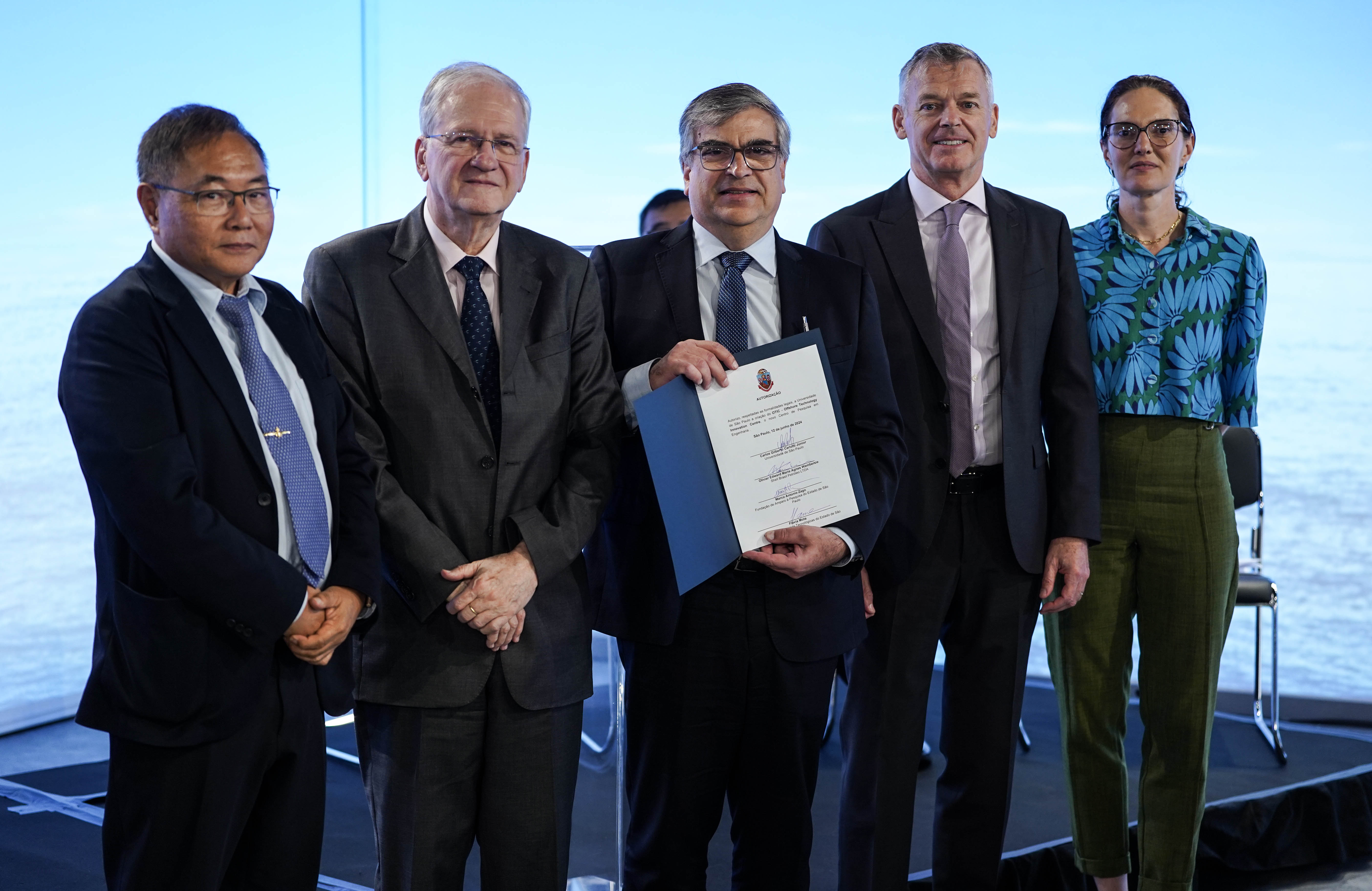
Supported by FAPESP, Shell, the Technological Research Institute (IPT) and the University of São Paulo (USP), this Applied Research Center will investigate technologies that promote decarbonization and optimization of deep-sea oil and gas operations, contributing to the future of the offshore industry.

The aim is to extend and diversify the sources of funding for deep techs supported by the Innovative Research in Small Business Program.
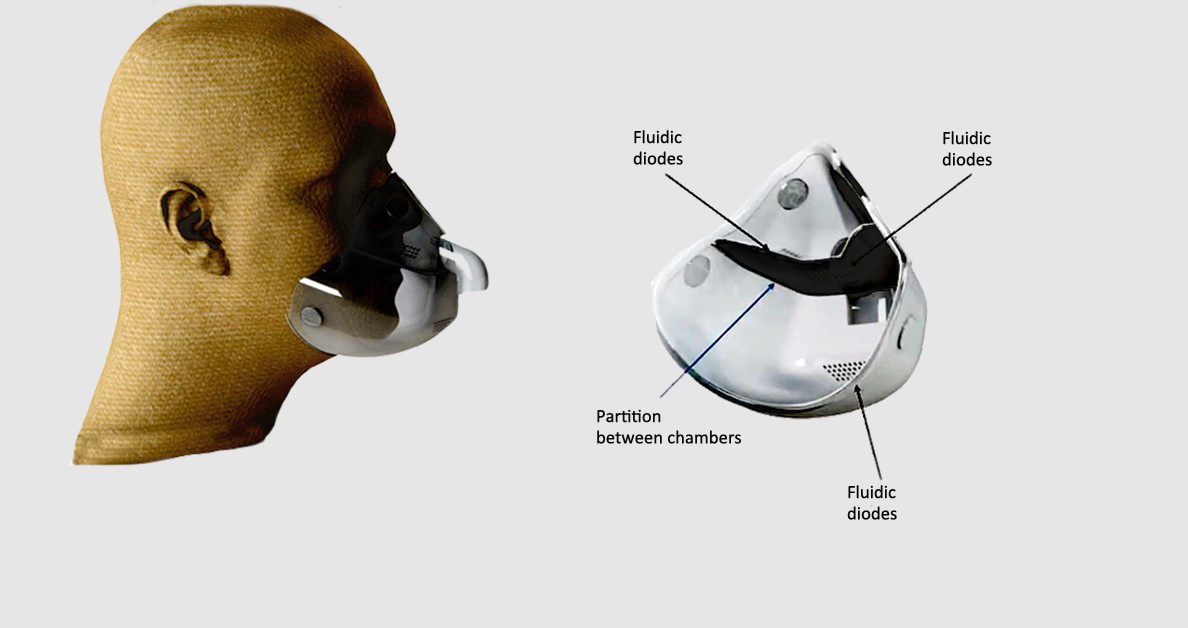
Innovation stems from a project on gas turbines conducted at the Engineering School and could make the use of CPAP more comfortable.
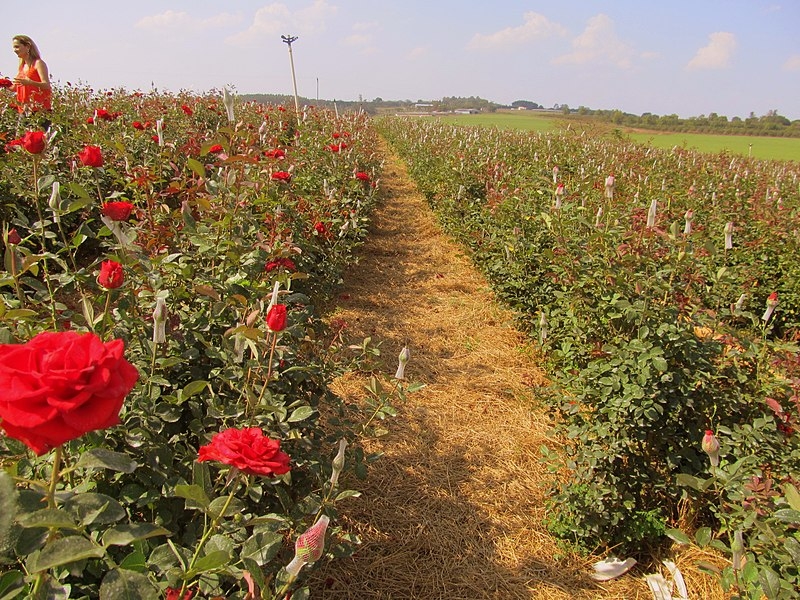
A startup supported by FAPESP is developing a fertilizer that extends the shelf life of roses and keeps them healthy.
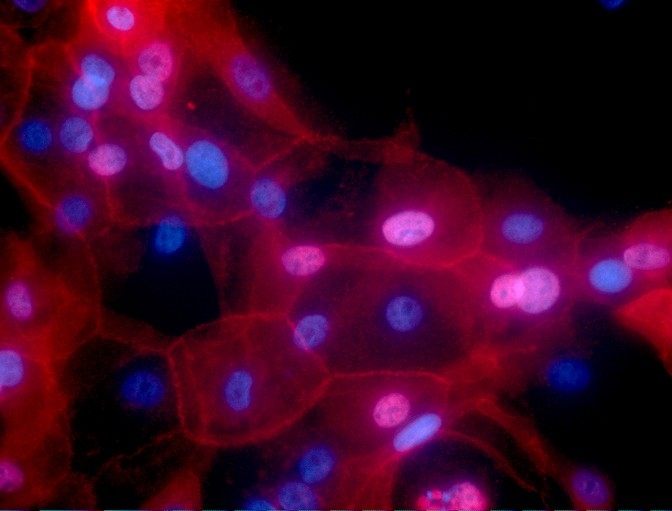
A startup supported by FAPESP is using AI to detect chronic diseases by analyzing ordinary blood tests.
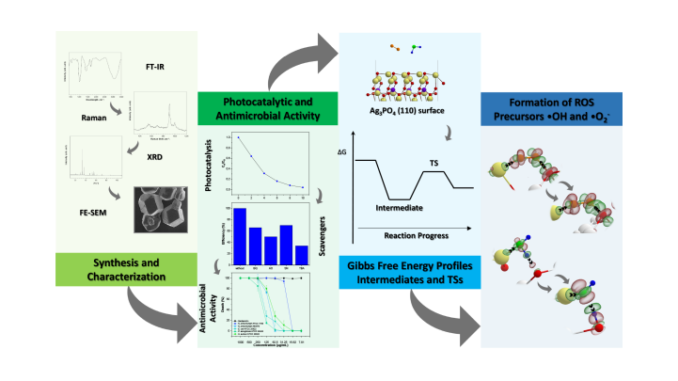
Experiment with the semiconductor silver phosphate revealed an unprecedented mechanism for the formation of reactive oxygen species – toxic molecules that can cause the death of pathogens.

A startup supported by FAPESP is developing a system to assure the proper use of elements capable of guaranteeing structural integrity at high temperatures while reducing heat transfer from machinery and equipment to the environment.
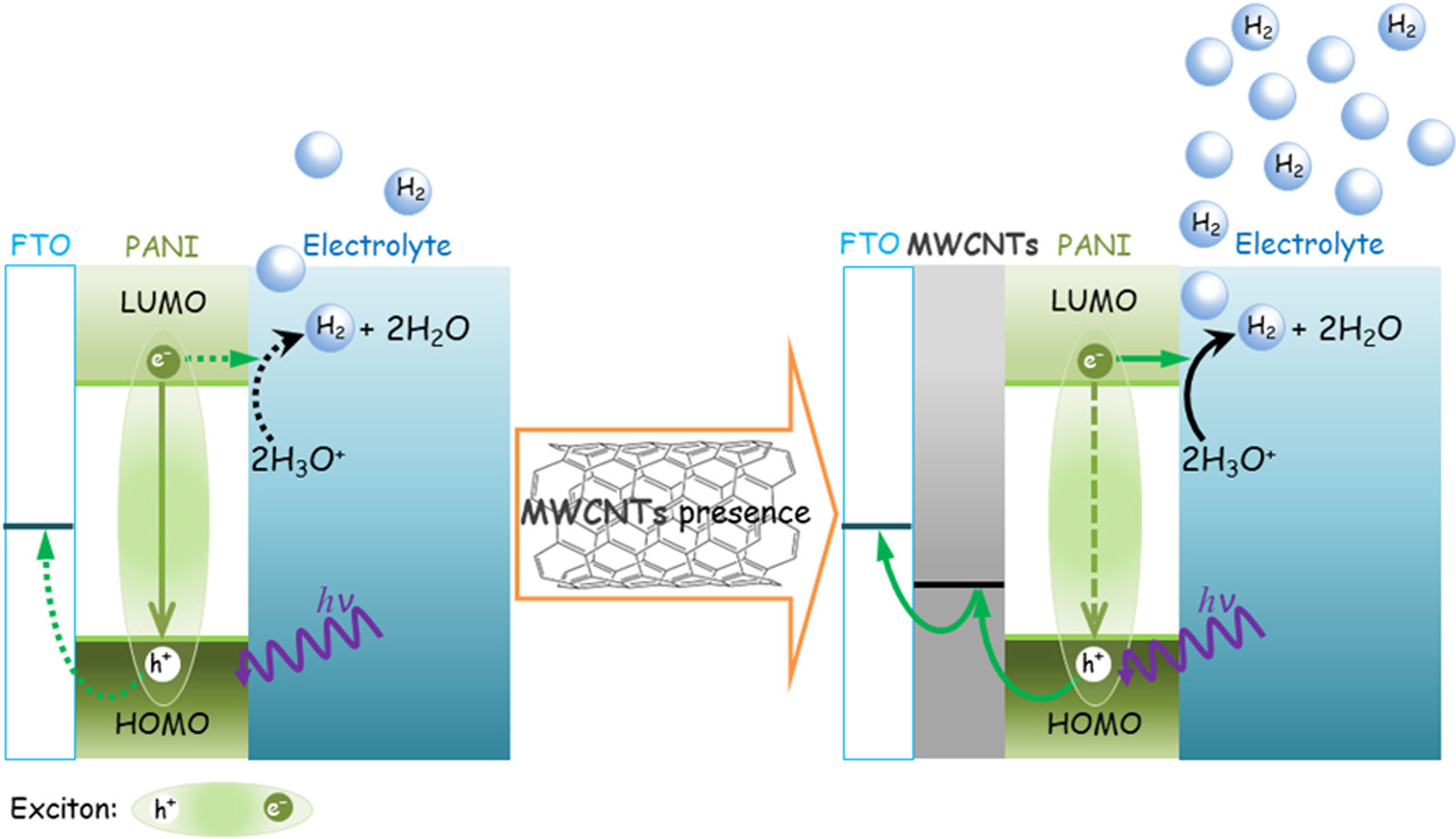
A study supported by FAPESP produced films comprising polyaniline nanostructures with a carbon nanotube underlayer.
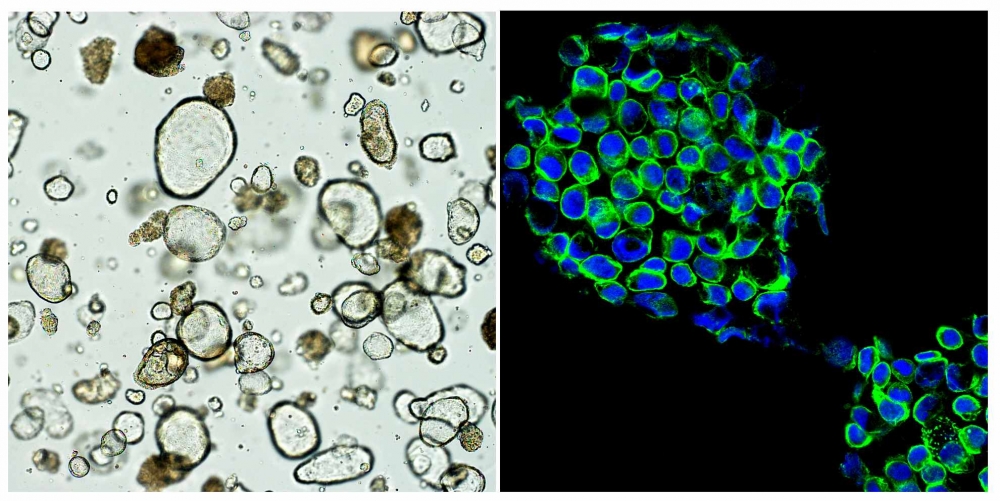
A startup supported by FAPESP is developing a methodology that will give oncologists more precise information to help them choose the best therapeutic approach.
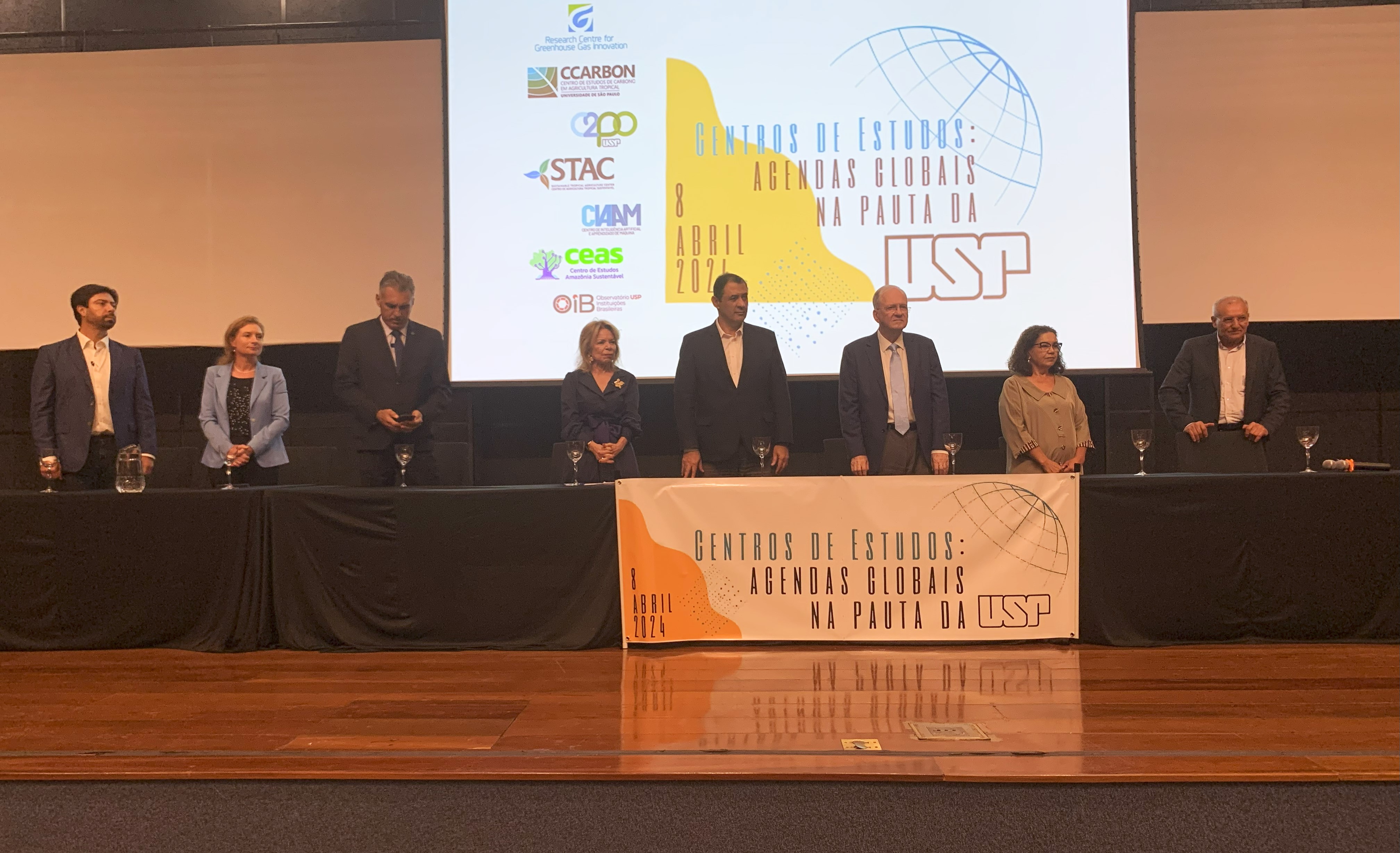
Today’s key issues, such as artificial intelligence, climate change, cancer and Brazilian institutions, will be the focus of inter-institutional and multidisciplinary teaching and research; the new organization gives groups more autonomy and agility.
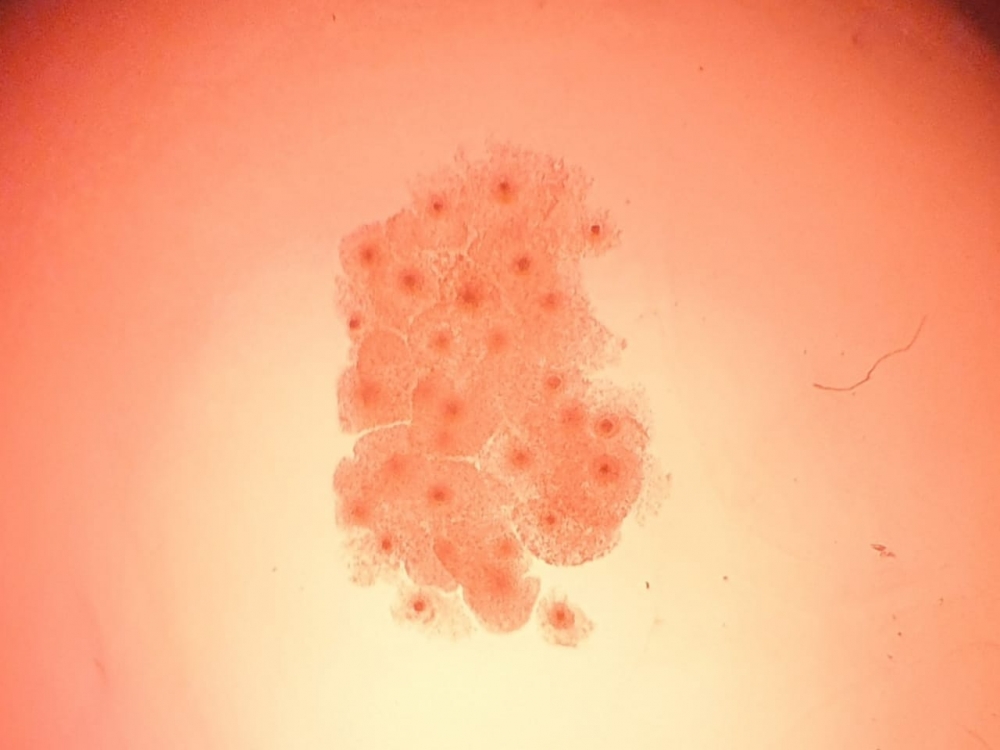
Researchers at a startup supported by FAPESP have developed a material that mimics conditions in the uterus and could result in a 32% rise in bovine embryo production.
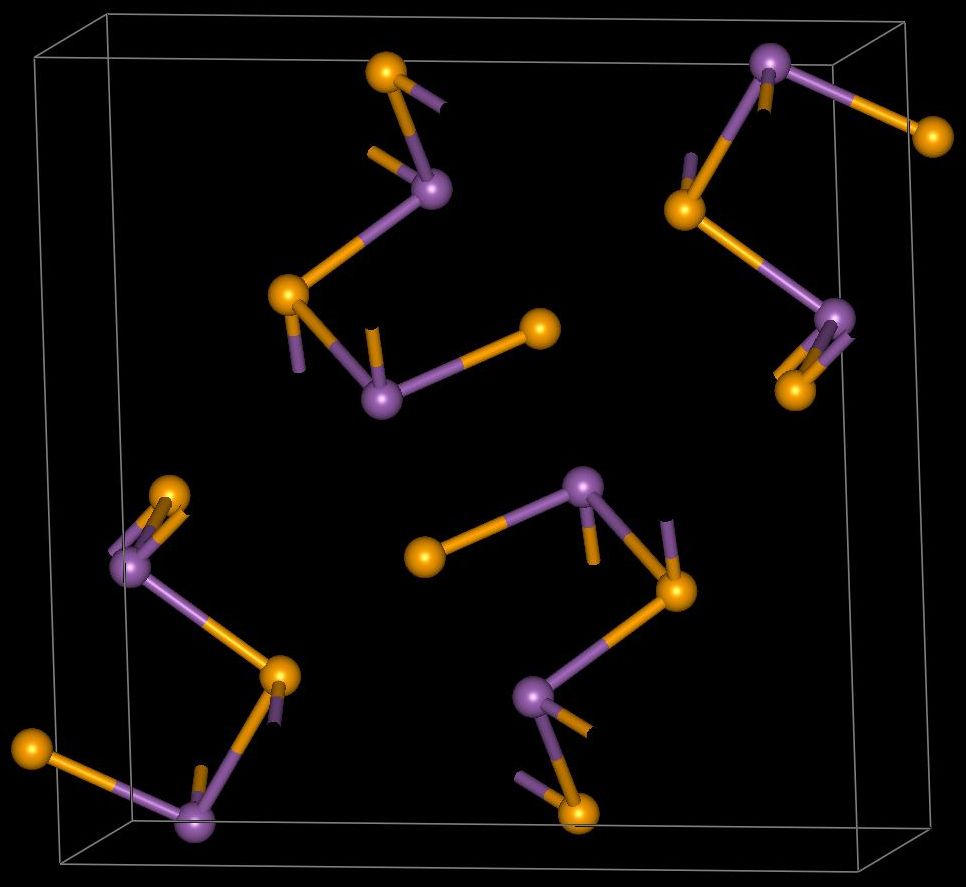
In an experiment resulting from collaboration between two FAPESP-supported research centers, a material was modified for use in solar-driven water splitting to produce hydrogen.
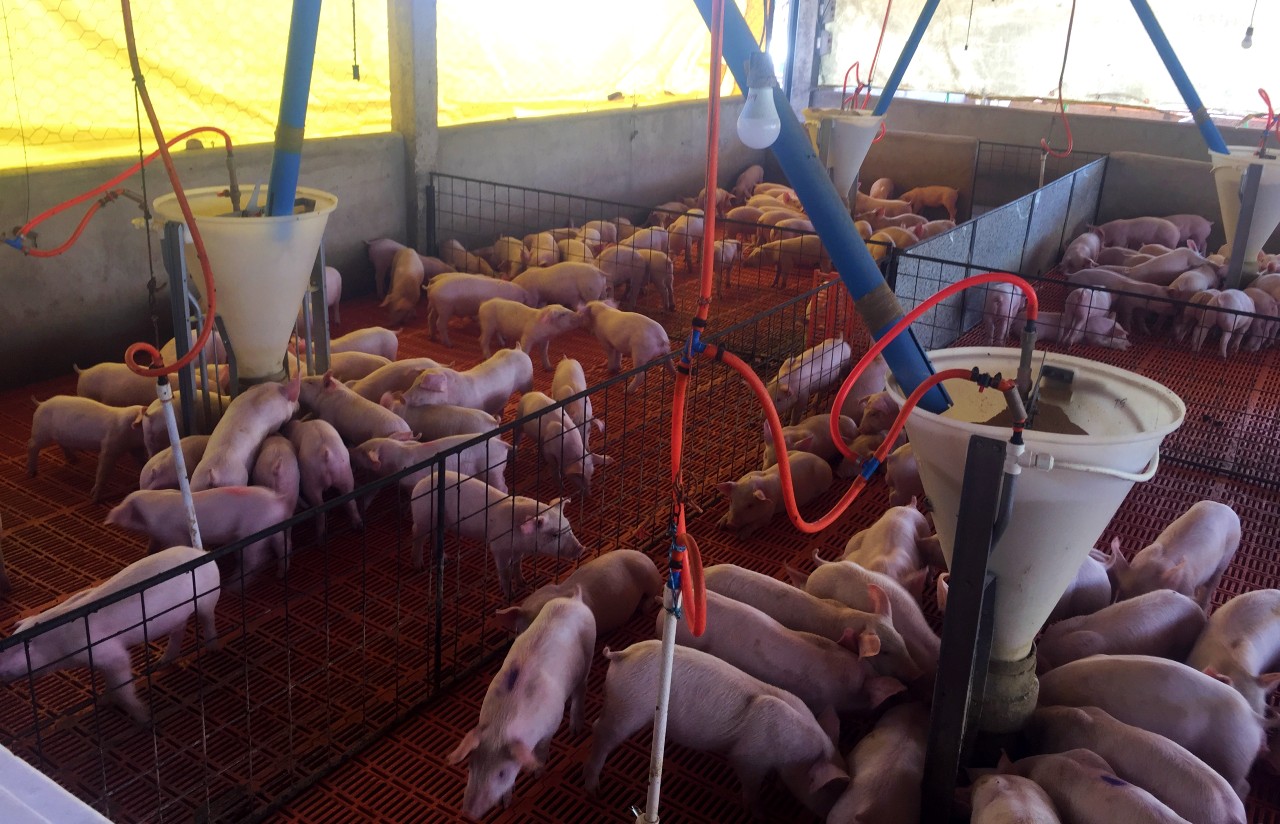
Results show that oral fluid bacteria differ from fecal and environmental bacteria. Identification of these microorganisms can help diagnose infectious diseases and improve pork production.

BioDecision has developed a methodology that combines RNA sequencing and big data to offer the pharmaceutical industry molecular targets of interest for treatment of the disease.
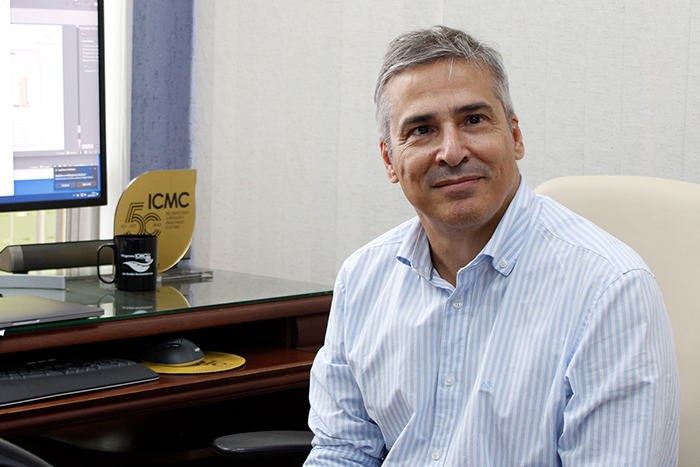
Director of the Institute of Mathematical and Computer Sciences at the University of São Paulo collaborates with work developed in the UK to guide governments.